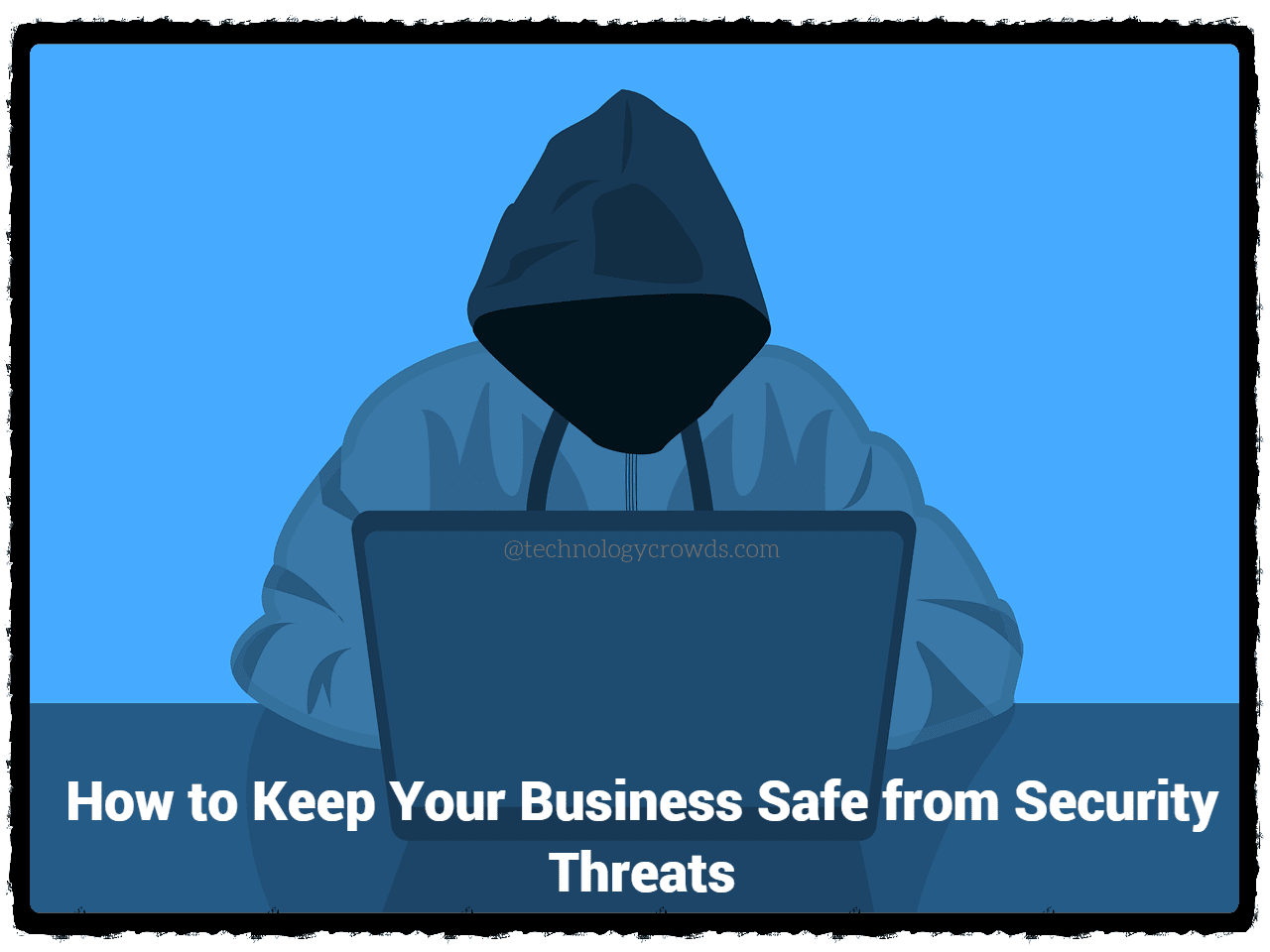Introduction
There is a standing joke that states the best defense against harm is an
offense. Although this might sound humorous, it can be very true. A security
threat could come from anywhere, and not all threats are as easy to recognize
or prevent. You need to take every measure possible to make sure you are
secure before any potential issues arise.
The following article is here to help you do that by examining some of the
most common security threats facing small businesses and how you can discover
them before anyone else does.
Relevant Reading
The security of your business has been taken seriously for quite some time
now, but there's still no reason for your business not to be secured from the
many dangers out there.
12 tips on improving your IT security
Small businesses are at risk of cybercriminals and malware threats. If you or
your company is using Microsoft 365, there are automation tools that can
support
Microsoft 365 security
settings.
The following tips will reduce your security risk:
Install anti-malware software on all devices that connect to the internet
Keeping your company's anti-malware software updated is key to preventing
incoming threats. Ensuring it is receiving up-to-date updates is also crucial,
since cybercriminals are constantly finding new ways to become malicious.
Backup all of your data regularly
Cybercriminals are always on the lookout for valuable data that can be used to
motivate them to attack your company or steal funds from your bank account.
Keeping a separate backup reduces the risks from
ransomware
attacks and data loss.
Use strong passwords and change them frequently
Cybercriminals will pick up on your weak passwords and try to use them to
access your accounts.
Keep your operating system and software up-to-date
Staying current with the latest security patches can help keep you protected
against cybercriminals.
Use a feature called two-factor authentication (2FA) as a second layer of security
This is an
extra layer of security
on top of your username and password.
Use encryption on all sensitive files
You should store all of your sensitive documents on your secure cloud storage
service or encrypted email service.
Use secure communication tools like encryption
If you are sending sensitive information to a potential partner,
encrypt the message. If you receive an encrypted message, make sure you know what program it was
sent in by verifying the corresponding public key with the organization that
sent it to you.
Make sure you have a firewall in place
Firewalls can help prevent unauthorized access to your data.
Relevant Reading
Do not open emails from addresses you do not know or emails that are unexpected in nature
If you are unsure about any email or attachments, call the sender to verify
the email is legit. It would be best if you also run anti-malware software on
your computer after opening any suspicious email attachment.
Run an internet scan periodically and have a malware protection plan in place
Malicious files can sneak onto your company's computers if they are not
protected.
Download software updates as soon as they are available
Updating your software will help protect against any incoming threats.
Use a secure cloud storage service to upload and download files
Recent data breaches have taught us that our information is only as safe as
the company we choose to store it with. Using a secure cloud storage service
will help prevent any unwanted access to your sensitive data.
There are many ways to prevent your business from becoming vulnerable to
malicious attacks. You need to keep your operating system and software
updated. You need to be able to detect any incoming threats and update
anti-malware software when needed. You need to take every precaution
necessary.



Post A Comment:
0 comments: